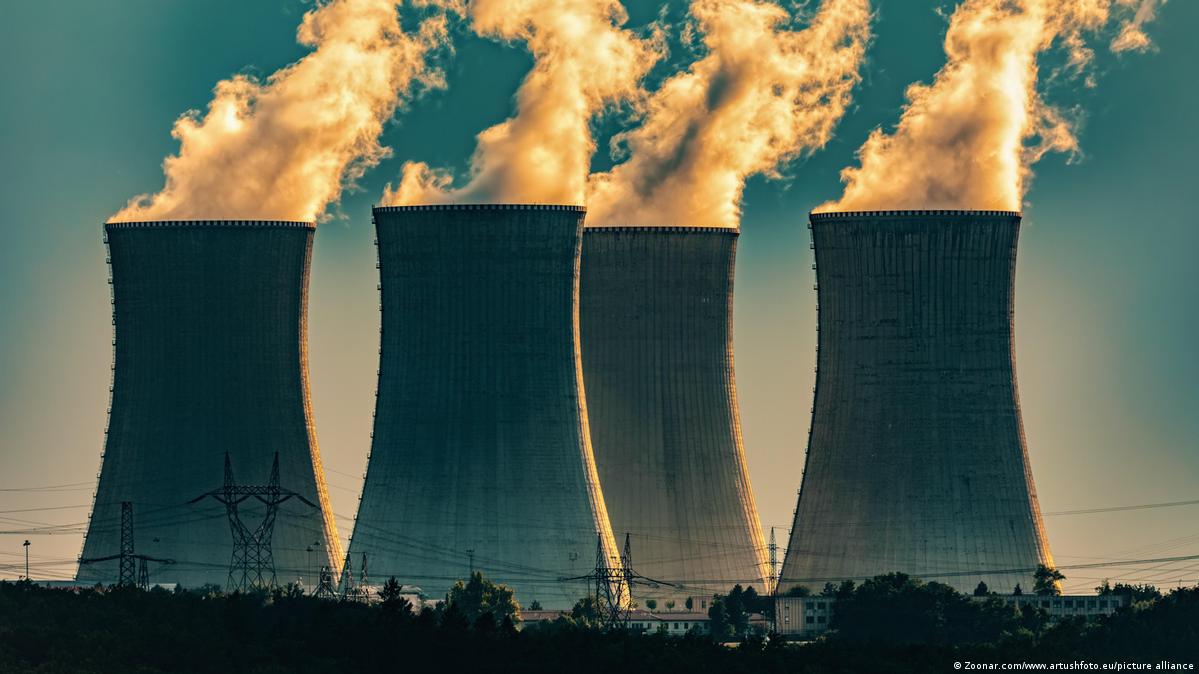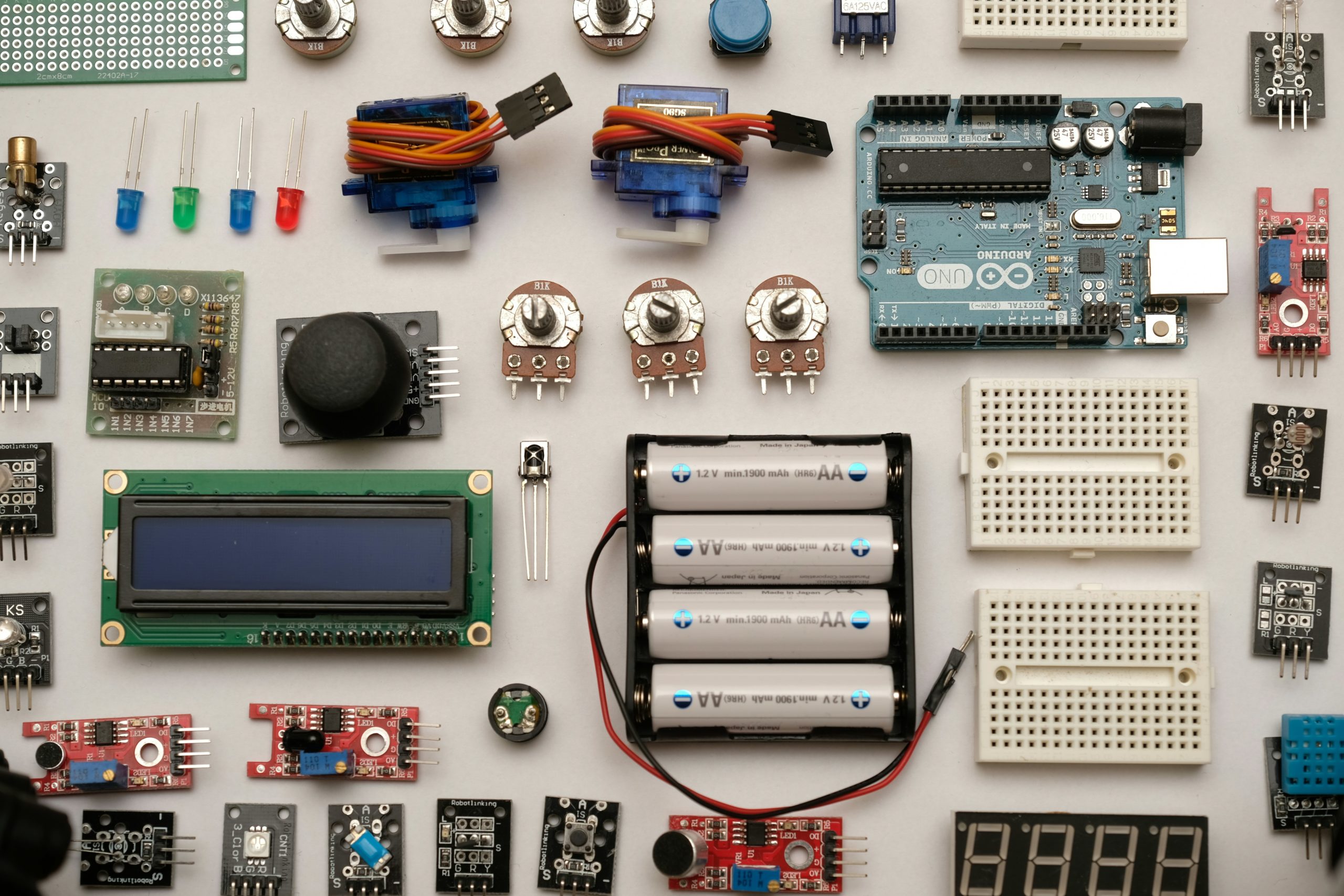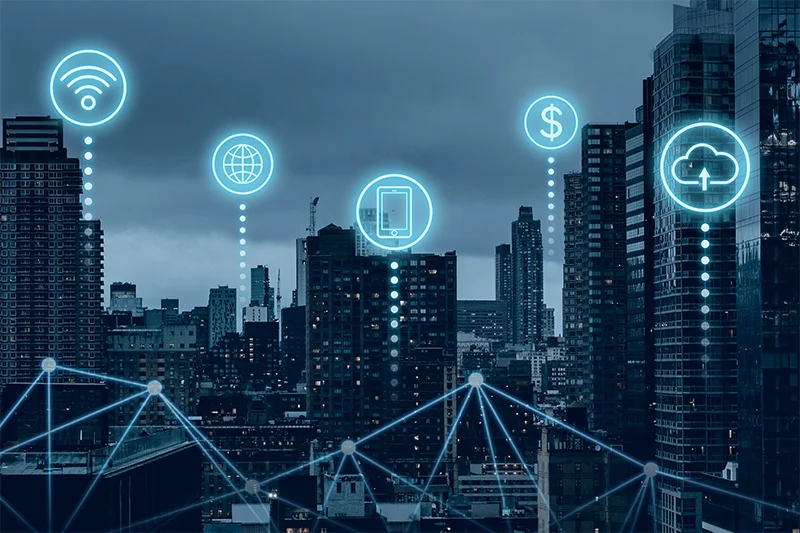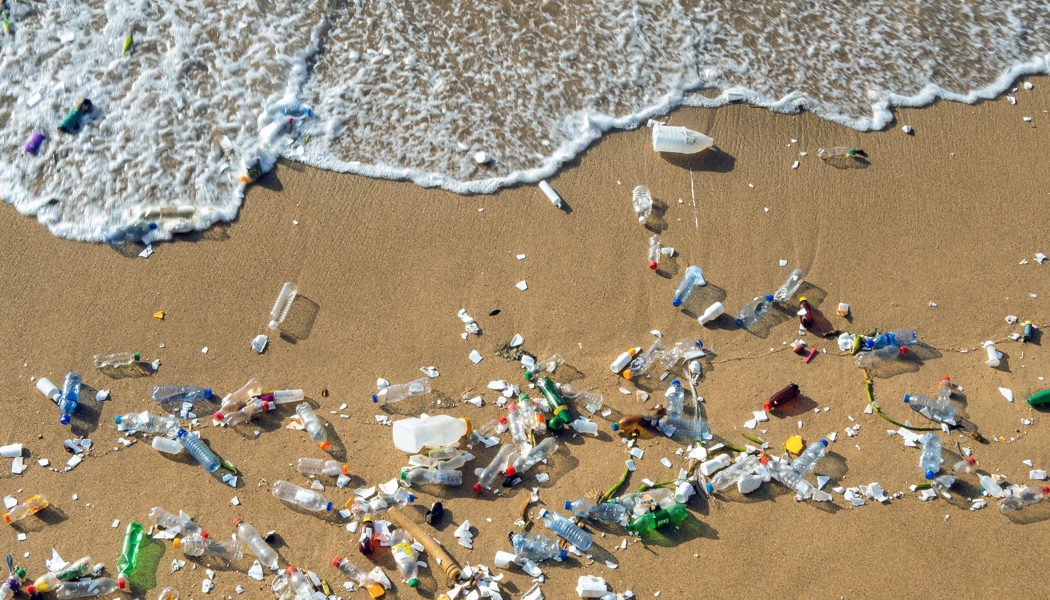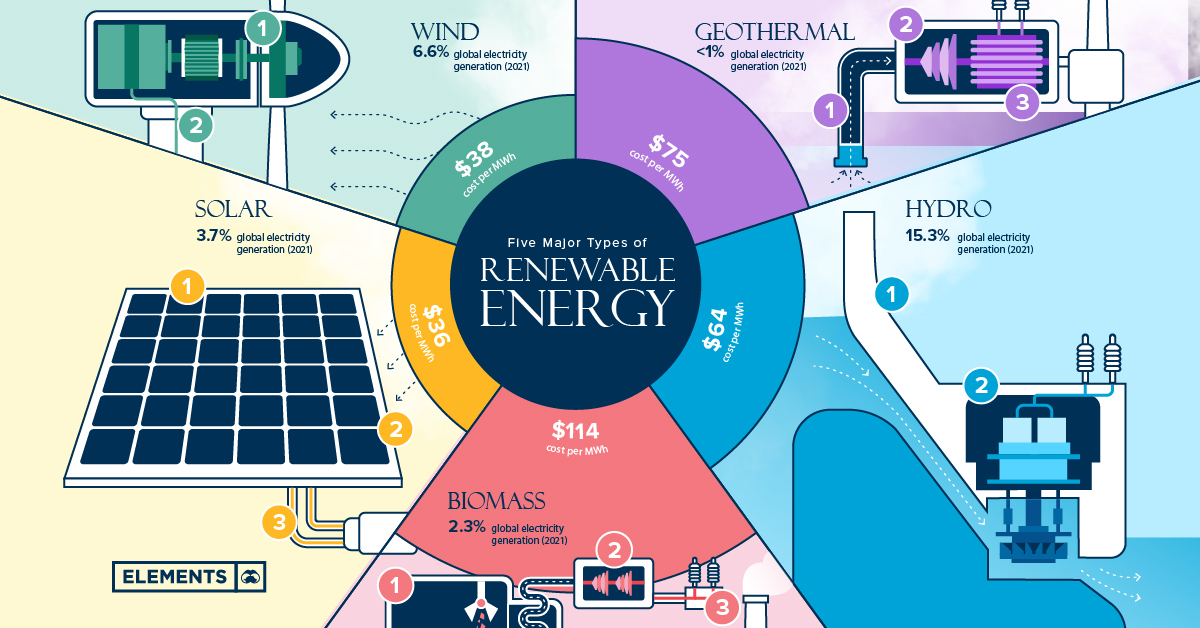Can Nuclear Power Play a Role in Sustainable Energy?
Nuclear Power: The Controversial Solution for Sustainable Energy? ===
As the world seeks to reduce its carbon footprint, the debate over nuclear power’s role in sustainable energy has intensified. Some experts argue that nuclear power is a clean and reliable source of energy that can help meet growing energy demands without contributing to climate change. Others, however, point to the risks of nuclear accidents and the challenges of nuclear waste disposal, and argue that renewable energy sources like solar and wind power are a safer and more sustainable option. In this article, we’ll explore the pros and cons of nuclear power as a solution for sustainable energy.
Debating the Pros and Cons of Nuclear Energy for a Greener Future
Proponents of nuclear power argue that it is a clean and reliable source of energy that can help reduce greenhouse gas emissions. Unlike fossil fuels, nuclear power plants do not emit carbon dioxide or other harmful pollutants into the atmosphere, making it a good option for countries seeking to reduce their carbon footprints. Nuclear power plants are also highly efficient, producing large amounts of energy from a relatively small amount of fuel.
However, opponents of nuclear power point to the risks of nuclear accidents and the challenges of nuclear waste disposal. The disasters at Chernobyl and Fukushima serve as stark reminders of the potential dangers of nuclear power, which can have long-lasting and devastating effects on local communities and the environment. Additionally, nuclear waste is radioactive and remains dangerous for thousands of years, making it extremely difficult and costly to store and dispose of safely.
Despite these risks, some argue that nuclear power can still play a role in sustainable energy. With advancements in technology and safety measures, nuclear power plants can be made safer and more efficient. Additionally, nuclear power can serve as a reliable source of energy to complement renewable sources like solar and wind power, which can be intermittent and unpredictable.
As the world continues to transition towards a greener future, the role of nuclear power in sustainable energy remains a topic of debate. While it offers the potential for clean and reliable energy, the risks associated with nuclear accidents and waste disposal cannot be ignored. Ultimately, the decision to embrace or reject nuclear power as a solution for sustainable energy will depend on a careful consideration of its pros and cons, as well as the political and economic factors that shape energy policy.

